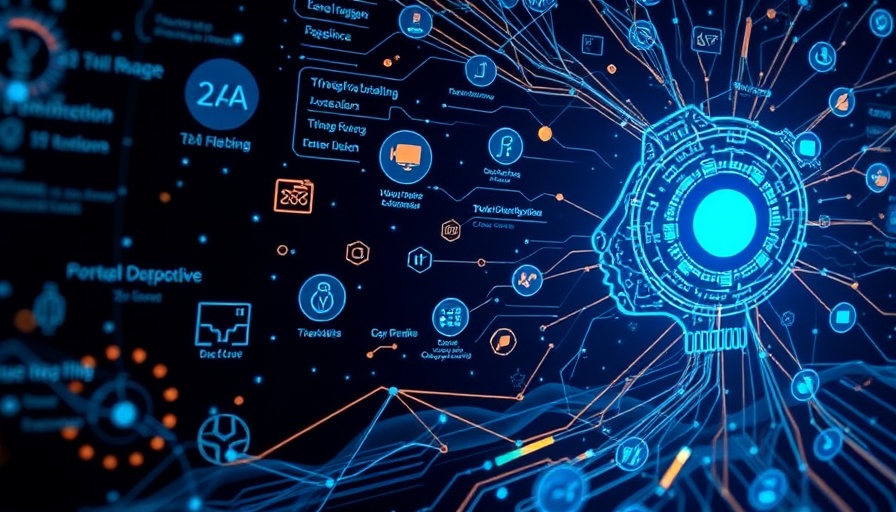
AI Technology Reconnects a Woman with Her Voice
In a remarkable convergence of artificial intelligence (AI) and personal triumph, a UK woman has successfully rediscovered her lost voice after 25 years due to a cutting-edge machine learning project. This story not only showcases the advancements in voice synthesis technology but serves as an emotional testament to how technology can profoundly impact individuals’ lives.
How AI is Revolutionizing Voice Recovery
This breakthrough was made possible through sophisticated AI models that analyze and emulate the vocal patterns and inflections of a person's voice. By using vast datasets of recorded voices, machine learning algorithms can reconstruct sounds that mimic a person's speech, giving them a chance to regain a significant aspect of their identity. The woman, who had lost her ability to speak due to a medical condition, was empowered by the ability to communicate again using an artificially reconstructed voice, thereby underscoring the incredible potential of AI technologies in rehabilitation contexts.
Historical Context: The Evolution of Voice Synthesis Technology
Voice synthesis technology has dramatically evolved over the past few decades. Early voice generation systems were often robotic and lacked the nuances of human speech. However, with advancements in AI and deep learning, particularly in recent years, applications have become increasingly sophisticated. The integration of machine learning has made it possible for synthetic voices not only to sound human-like but also to capture emotional tones and expressions, enabling a more natural communication experience. This evolution marks a significant milestone in fields ranging from telecommunications to medical rehabilitation.
A Broader Impact: AI in Healthcare and Beyond
The implications of this technology extend beyond personal stories; they promise to revolutionize healthcare practices. AI voice synthesis can aid not only patients with speech disorders but also those recovering from strokes, Alzheimer’s, or other neurological conditions. As we continue to embrace such emerging technologies, we can expect a future where customized solutions are accessible to myriad individuals, enhancing rehabilitation processes and patient interactions.
Ethical Considerations: The Responsibility of Technology
As with any powerful technology, the deployment of AI in voice reconstruction poses ethical questions regarding privacy and authenticity. Concerns arise concerning the potential misuse of voice synthesis technology for nefarious purposes, such as identity theft or misinformation through deepfakes. Ensuring that such technology is harnessed responsibly, with appropriate security measures, becomes paramount. As stakeholders in this evolving sector, it is crucial to maintain an ongoing dialogue around the ethical implications while leveraging the technology's immense potential.
Looking Ahead: Future Innovations in AI and Voice Technology
As we look to the future, the intersection of AI, voice synthesis, and machine learning is set to deepen. We're likely to see integrated applications that not only restore voices but enhance communication in various contexts, including virtual worlds and telehealth services. Emerging developments are paving the way for innovations that were once thought to be science fiction, demonstrating how closely linked AI emerges with human experience.
 Add Row
Add Row  Add
Add 




Write A Comment